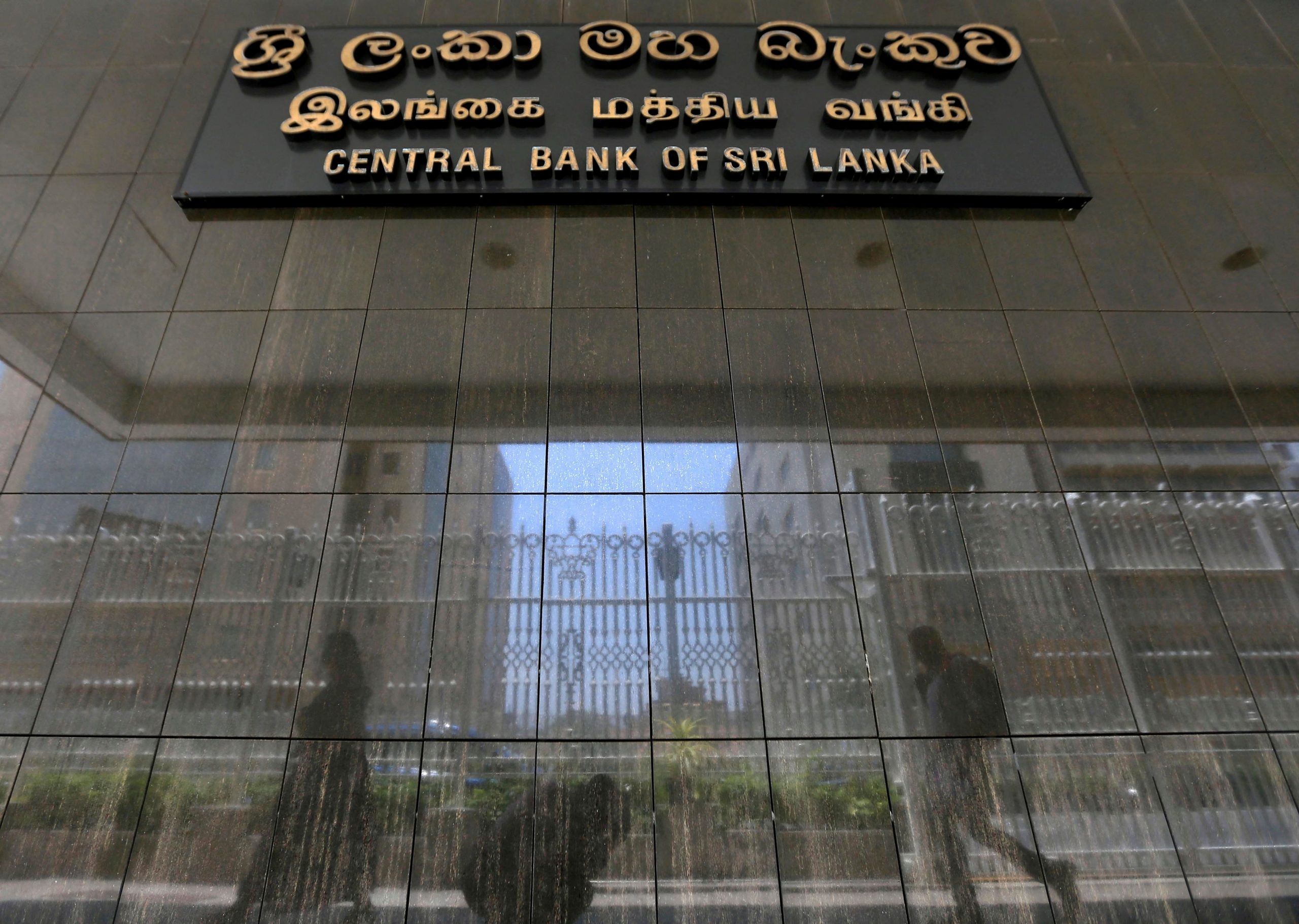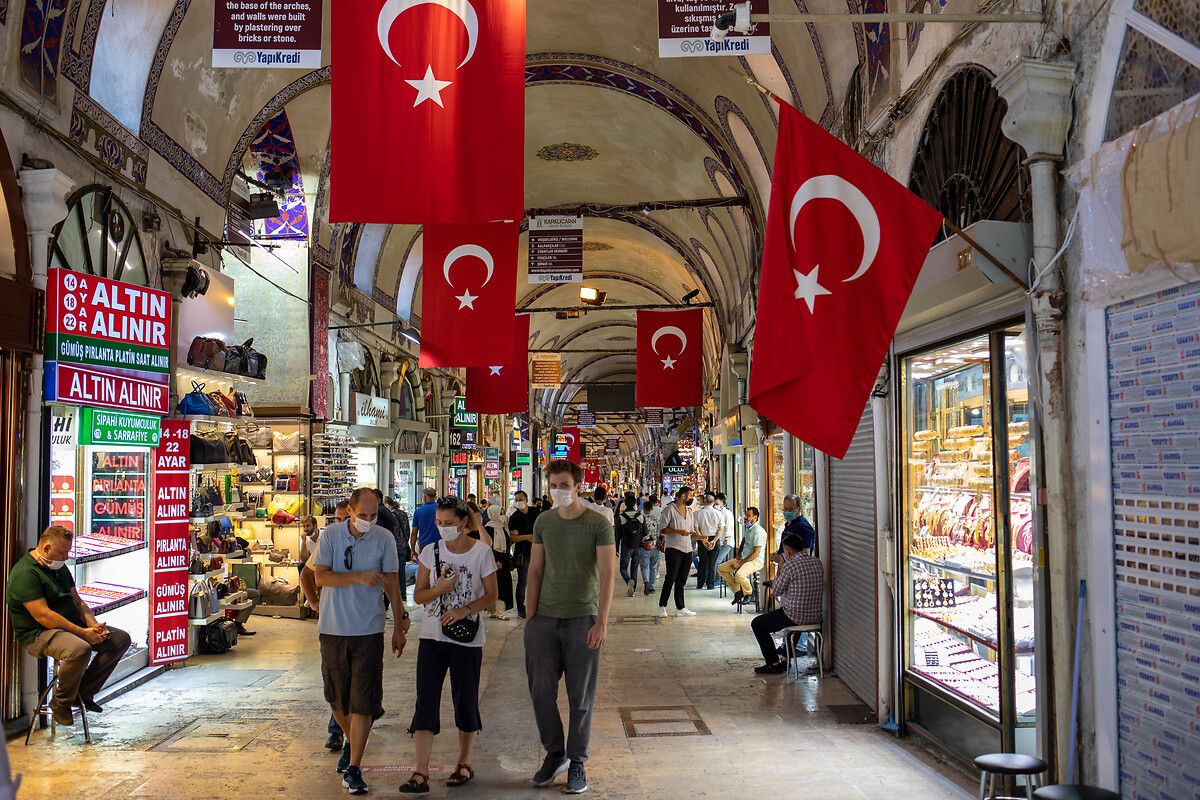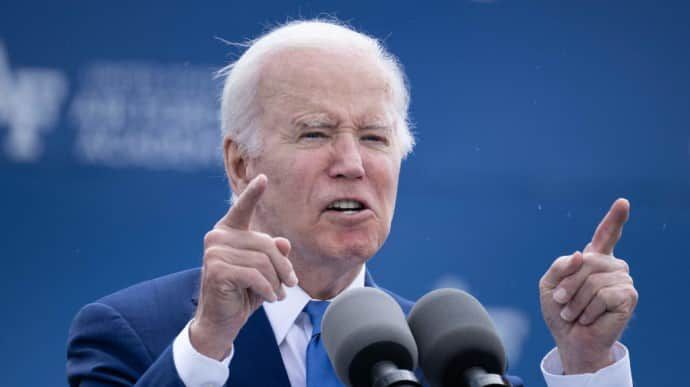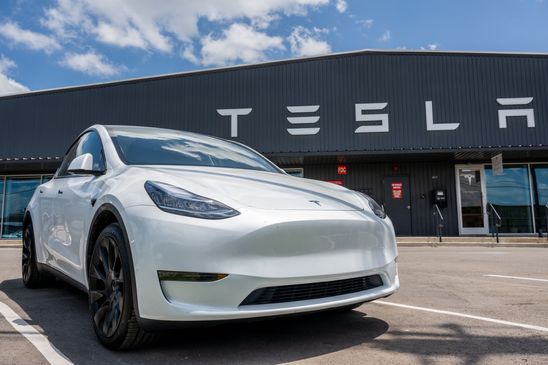Germany has recently announced plans to offer Ukraine more than 2.7 billion euros ($3 billion) in military aid as a show of support. This aid package includes tanks, anti-aircraft systems, ammunition, and other equipment. The decision reflects Germany’s dedication to assisting Ukraine and its commitment to bolstering the country’s defense capabilities.
German Defense Minister Boris Pistorius has emphasized Germany’s determination to provide ongoing support for Ukraine as long as necessary. By offering extensive military aid, Germany aims to demonstrate its seriousness in supporting Ukraine and convey a message of solidarity.
This development signals a positive shift in German-Ukrainian relations, especially with the potential visit of Ukrainian President Volodymyr Zelenskyy to Germany. The visit indicates an improvement in bilateral ties, which had been strained previously due to concerns over Germany’s reliance on Russian energy and its support for the Nord Stream gas pipelines. However, the current Chancellor, Olaf Scholz, has taken steps to reduce Russian energy imports and has shown increased support for Ukraine’s security efforts.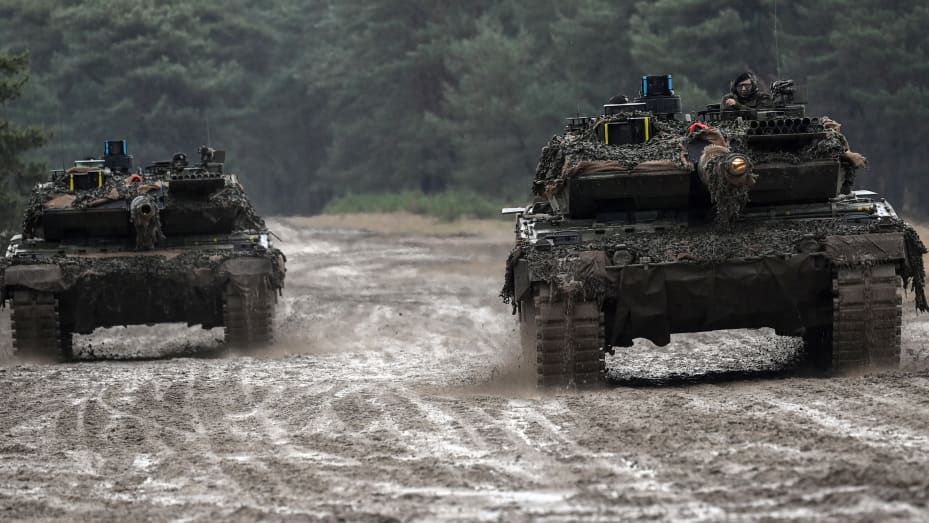
Germany’s position on military assistance to Ukraine has also evolved. Initially cautious about providing lethal weapons for fear of getting involved in the conflict, Germany has now become one of Ukraine’s major arms suppliers. The authorized delivery includes modern battle tanks such as Leopard 1 and 2 tanks, as well as advanced anti-aircraft systems crucial for countering drone and missile attacks. While initially met with skepticism by Ukraine, other countries like the United States, Poland, and the United Kingdom have openly expressed their support for Ukraine’s defense.
The extensive military aid package comprises a variety of equipment, including tanks, armored personnel carriers, combat vehicles, Howitzers, reconnaissance drones, and anti-aircraft systems. These resources will significantly enhance Ukraine’s defense capabilities and enable it to effectively counter potential threats.
President Zelenskyy’s anticipated visit to Germany holds great symbolic significance. He is scheduled to meet with Chancellor Olaf Scholz and other high-ranking officials and will also receive the International Charlemagne Prize in Aachen. This prestigious award recognizes Ukraine’s resistance against Russia’s invasion as a defense not only of its own sovereignty and citizens’ lives but also of Europe and its shared values.
Germany’s decision to provide substantial military aid to Ukraine underscores its commitment to supporting Ukraine’s defense amidst regional tensions. The improved relations between the two countries, coupled with the potential visit of President Zelenskyy, highlight the evolving dynamics and the importance of international cooperation in maintaining regional stability and upholding shared values.







